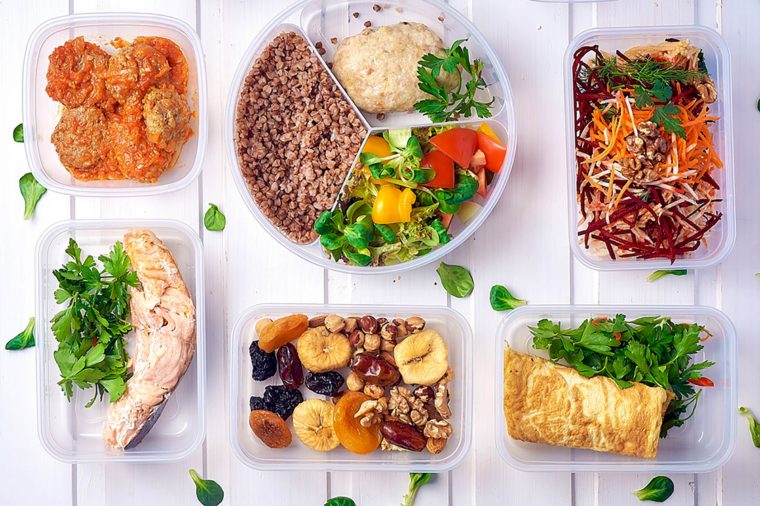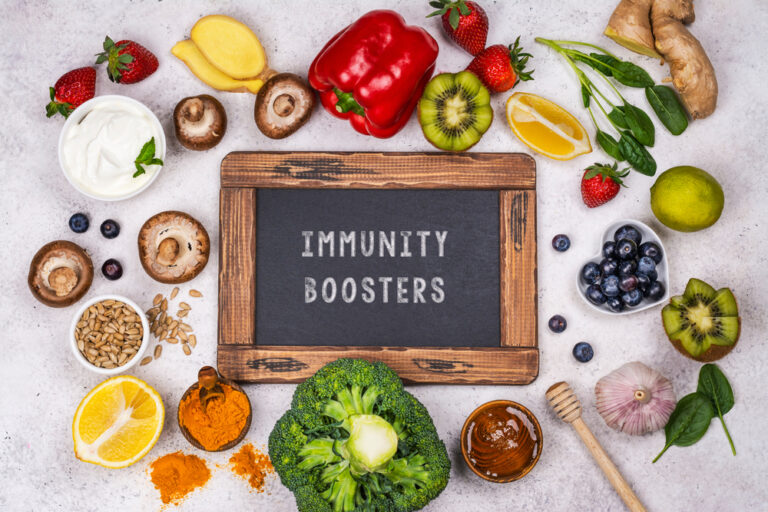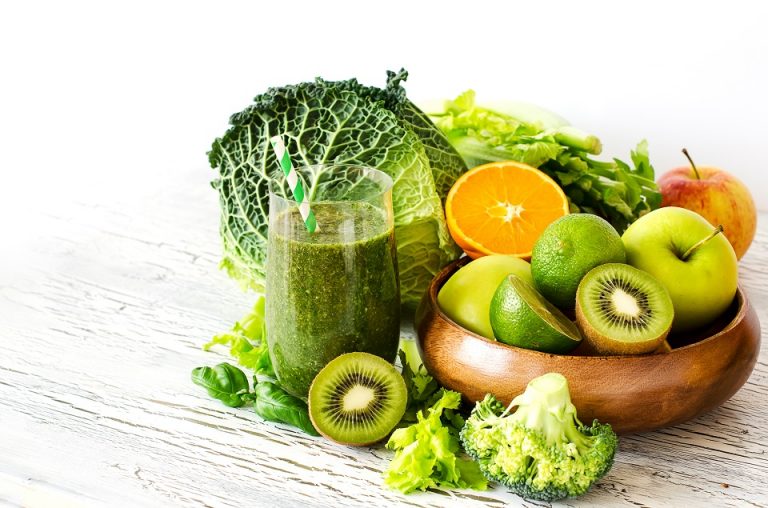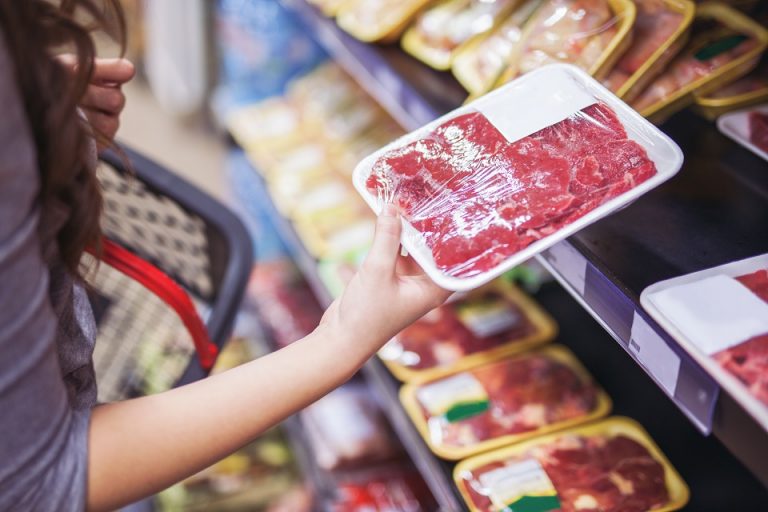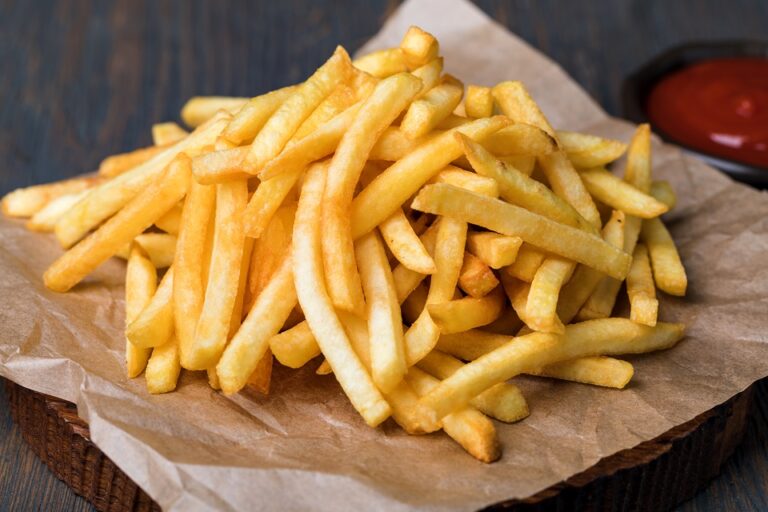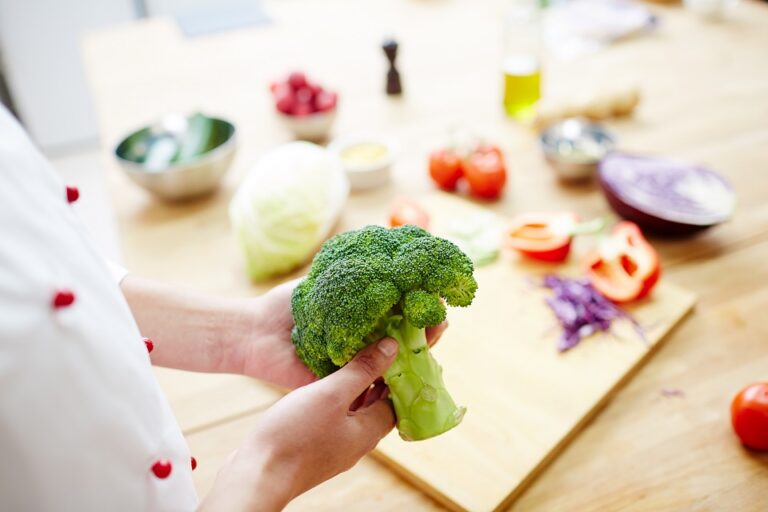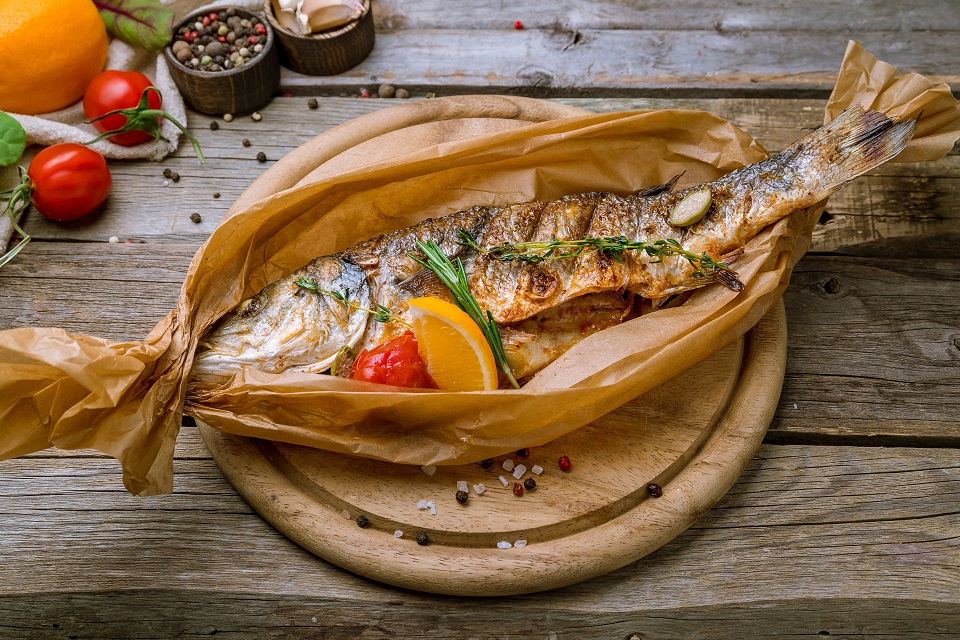
3. Sea bass
Approximately 85 grams of cooked sea bass contain:
- Sodium: 74 mg
- Potassium: 279 mg
- Phosphorus: 211 mg
Sea bass is a great source of protein and omega-3 fatty acids. The healthy fats found in all fish, omega-3s are essential in minimizing inflammation and reducing the risk of developing depression, cognitive, and anxiety.
However, when compared to other fish, including salmon, sea bass contains lower phosphorus amounts; that’s why we’ve placed it in our list of the best foods for people with kidney disease. It’s important to remember that consuming large amounts of sea bass is not a good idea.
Why? We’ve said that it contains lower amounts of phosphorus than all fish, not that it’s phosphorus-free.
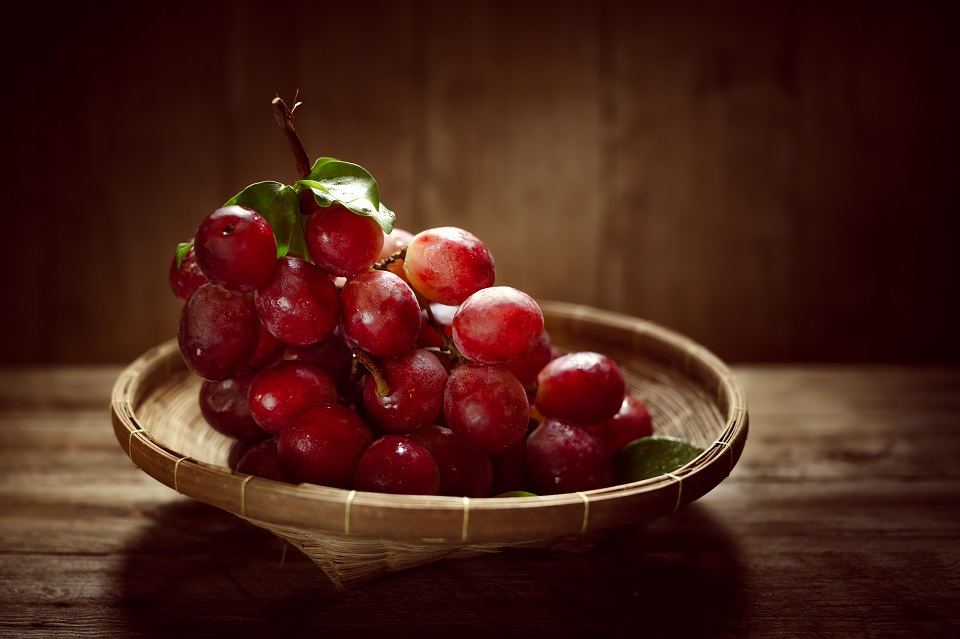
4. Red grapes
Approximately 75 grams of red grapes pack:
- Sodium: 1.5 mg
- Potassium: 144 mg
- Phosphorus: 15 mg
Red grapes have numerous health benefits. But, apart from boosting brain health, being heart-friendly, aiding weight loss, improving the flexibility of joints, supporting the immune system, and fighting many types of cancers, red grapes also minimize the levels of uric acid in our bodies.
This property helps our bodies get rid of the acid, reducing the amount of work our kidneys have to perform. Plus, due to the fact that they contain a type of flavonoid called resveratrol, red grapes can also reduce inflammation in the body.
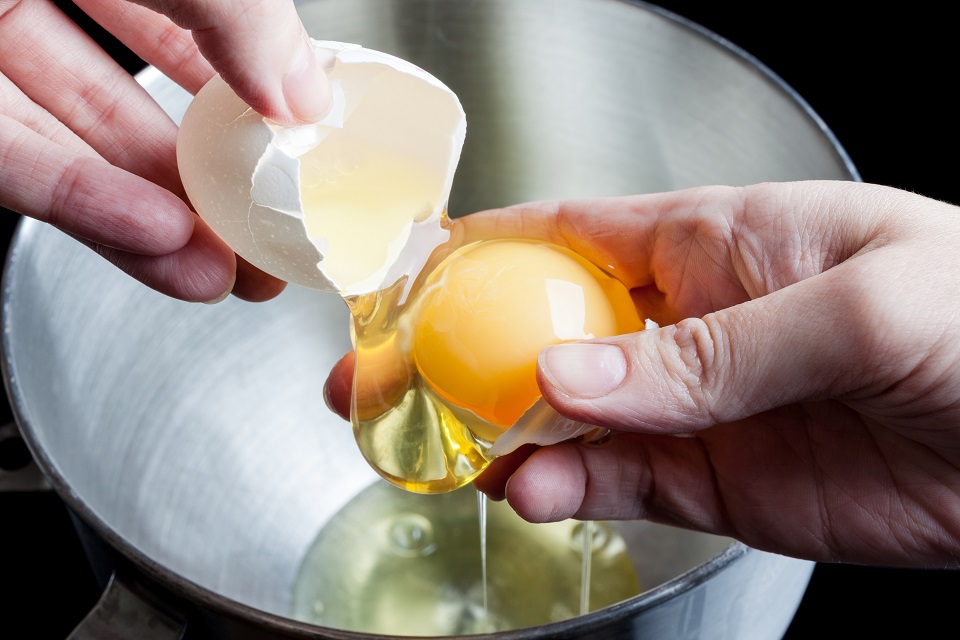
5. Egg whites
Approximately 66 grams of egg whites contain:
- Sodium: 110 mg
- Potassium: 108 mg
- Phosphorus: 10 mg
We all know that egg yolks are nutrition, but, unfortunately, they contain large amounts of phosphorus, making them unfit for those who deal with kidney disease.
That’s why you should turn to egg whites. They are a kidney-friendly source of protein, meaning that those who are on dialysis should definitely eat egg whites. Plus, they contain virtually no fat or cholesterol. Enjoy them in a fresh salad or pair them with buckwheat to make some pancakes!




